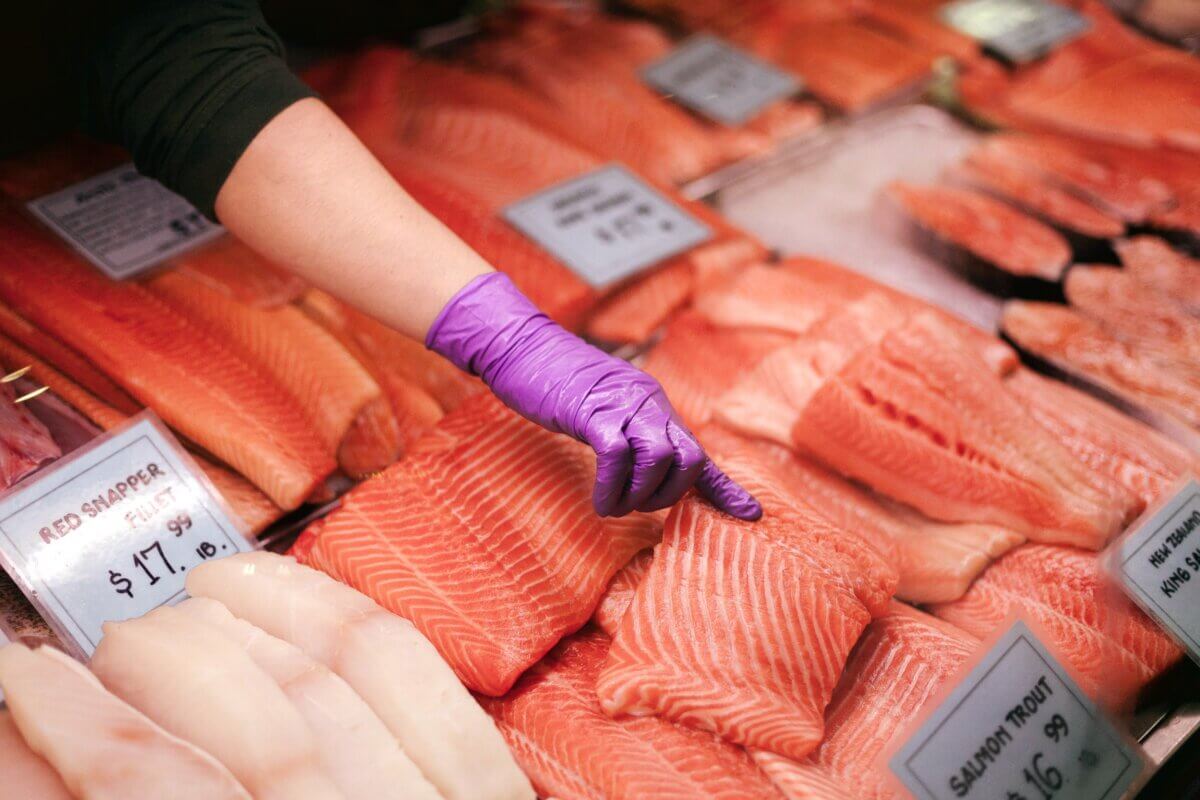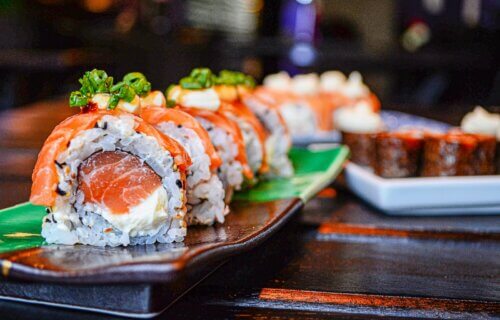TRONDHEIM, Norway — For a person who doesn’t eat sushi, consuming raw fish might sound like an invitation for food poisoning. Fortunately, most sushi is relatively safe to eat. Like any food, however, there is a risk for food-borne pathogens if not prepared correctly. A new study from Norway finds that raw seafood can still retain disease-causing bacteria despite the fish being mildly processed.
“Bacteria in sushi, sashimi and cold-smoked fish products can pose a risk to people who eat such foods frequently, especially people with weak immune systems, children and the elderly,” says Hyejeong Lee, the lead author of the study who recently completed her PhD at the Norwegian University of Science and Technology, in a media release.
Seafood products such as sushi, sashimi, and cold-smoked fish are not processed as extensively as cooked foods. Without heat or application of antibacterial methods, the risk of a bacterial species called Aeromonas contaminating the raw seafood increases.
Currently, food scientists are highly aware of the looming threat of a different type of bacteria called Listeria monocytogenes to raw or mildly processed food. Less so is the rate of Aeromonas in these products.
“The goal was to gain more knowledge about Aeromonas in this type of seafood – both the bacteria’s role in the deterioration of the product and in causing disease. Furthermore, we wanted to see if raw seafood can spread antibiotic-resistant bacteria,” says Dr. Lee.
Lee scoured through Norwegian markets and inspected fish for Aeromonas bacteria. They soon came to find that mild processing of fish was not enough to completely get rid of this bacterial species. In other words, if no other steps are taken to eliminate the bacteria, there is a possible chance of eating bacteria-contaminated fish products.

So, what would happen if you ate a sushi roll containing Aeromonas bacteria?
Most bacteria in this species do cause disease, but the chances of getting sick are slim if you are in good health.
“Aeromonas is often ignored when we talk about food safety. I think my research highlights that the food industry needs to pay more attention to these bacteria,” Lee explains.
The growing concern over this seemingly harmless bacterial species is that it is constantly mutating. When it comes into contact with other strains, Aeromonas bacteria often trade genetic material. This raises the possibility of exchanging genetic material that could make it resistant to antibiotics.
“Some strains of Aeromonas can also spread antibiotic resistance from one type of bacteria to another. Eating seafood infected by resistant bacteria is a likely way these bacteria can spread from marine animals and environments to humans,” the study author continues.
Antibiotic-resistant bacteria is a growing problem beyond the food sector. While they may not necessarily cause more disease, they are harder to treat if they grow an immunity against certain antibiotics. In a worst-case situation, a disease-causing bacteria would have no antibiotic strong enough to eliminate it.
Getting rid of antibiotic-resistant bacteria for good requires a broad approach, according to Anita Nordeng Jakobsen, an associate professor at the Norwegian University of Science and Technology’s department of Biotechnology and Food Science. This involves looking at animal and human health, food production, and the environment.
One idea is that, in addition to antibiotics, people should pay close attention to how food is being made — from when it’s first captured in the ocean to how it’s prepared for purchase. The authors suggest people should collect samples in areas where they are catching fish and have measures in place in case there is multidrug-resistant bacteria. Reforming food safety will, of course, also require the help of the government, who can mandate strict regulation to minimize the amount of antibiotic-resistant bacteria that’s transferred from animals to humans.
The study is published in the journal Frontiers in Microbiology.


ALL food has a potential to cause microbial infection. Some risks are significant and some are not. Immune compromised people should never eat any food that has not been fully cooked or pasteurized. PhD students have a need to publish their research in popular media. I was once one so I did also. Seafood is generally safer than poultry or beef or other animal flesh.